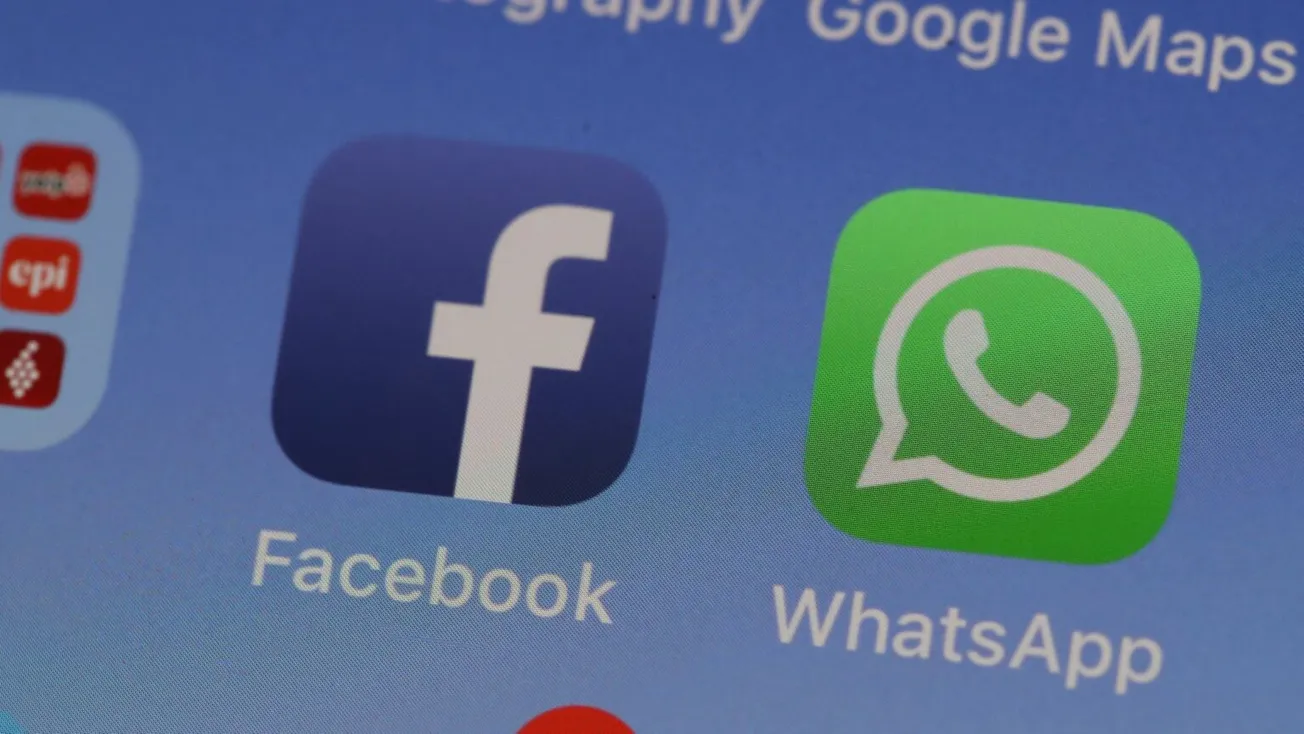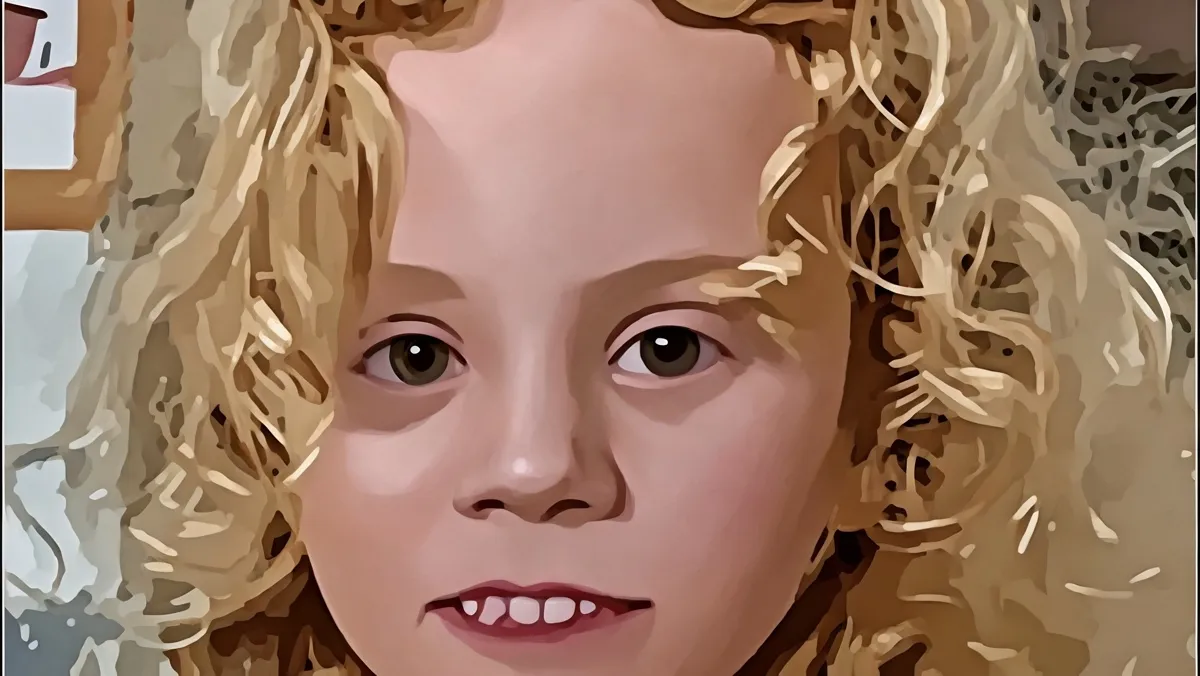Table of Contents
An author acquaintance of mine recently put out a call for help: she’d been increasingly subject to decidedly creepy inquiries from ‘fans’. Put broadly, these covered everything from questions about her sex life to requests for photos of her young children. At the time, we thought she might have attracted unwanted attention by dint of being an erotica writer. It seems, though, that this is a much more widespread and alarming problem.
We’re used to scams obviously aimed at fishing for money – and too many people are suckered in by those – but these scammers are after something much worse.
Australians posting photos of their children on social media are being targeted by online predators, with some even offering payments to try to encourage parents to send sexual images to them.
The disturbing findings come from a survey of more than 4,000 people, and are prompting warnings from law enforcement agencies and the Federal Government for parents to think twice about what they are posting on social media.
Put it this way, I guess: would you post photos of your kids outside a strip club, in a seedy, red-light alley, or on the door of the NAMBLA clubhouse?
The data from the study was pored over by the Australian Institute of Criminology (AIC), with more than 100 of those who took part reporting they had experienced at least one request from online predators for child sexual exploitation (CSE) content.
That included paedophiles asking questions of a sexual nature about children they knew, making requests and offers of payment for sexual images, and pressuring people to provide the images.
“Respondents who reported sharing a photo of or information about children online were significantly more likely to have received requests for facilitated CSE, compared to respondents who had not shared a photo of or information regarding children online,” the report said.
“Sharing a photo of or information regarding children online was associated with a significantly increased likelihood of being asked questions of a sexual nature about children, as well as being asked, pressured or offered payment for sexual images of children.”
There’s a key detail:
The AIC said people were more likely to receive the sickening requests if the photos were shared publicly through public social media posts or on dating profiles, rather than on private social media posts or direct messages to family and friends […]
Researchers said posting photos privately seemed to mitigate a lot of the risk, describing it as a “simple change that parents, guardians and others in a caregiving role could make.”
Facebook actually has pretty good settings to strictly limit who can see your posts. Of course, it’s still blatantly selling your info to advertisers, but the important thing is that you have the controls to hand to stop predators searching for ‘Cute Boys’ getting their sweaty mitts on your family beach holiday snaps.
Men, people aged 18–34, people who were linguistically diverse or had a disability, and those who had experienced sexual or other violence online were more likely to be targeted […]
The AIC said platforms could issue warnings to people as they tried to upload photos of children.
ABC Australia
As journalist Roisin Michaux has written, most of us live in blissful ignorance of just how dedicated and ingenious the online paedophile lobby really is. “They are rallying, and they have a strategy… They are strategising constantly.”
When they say, “We’re coming for your kids” – they mean it.
Forewarned is fore-armed.









